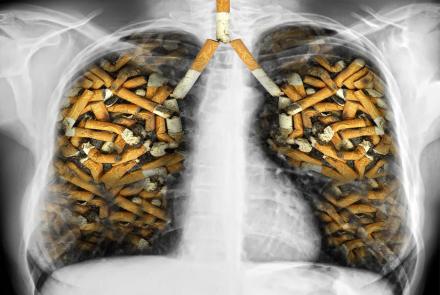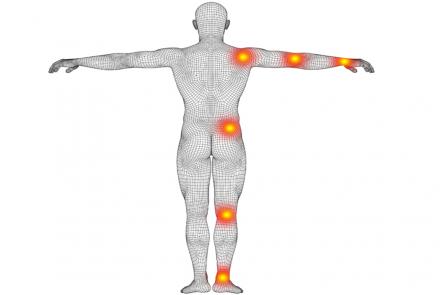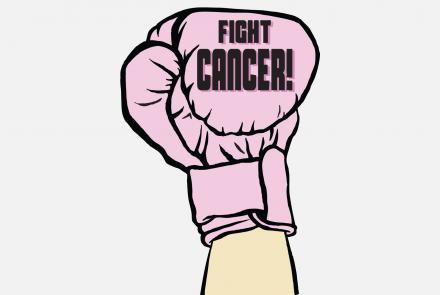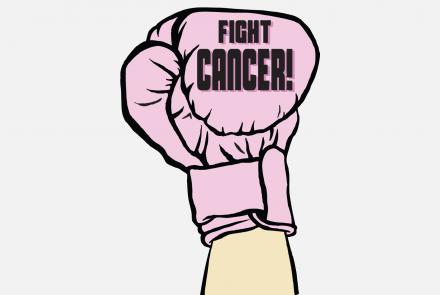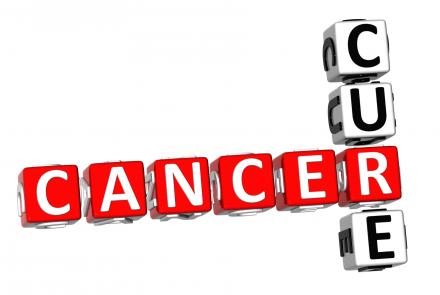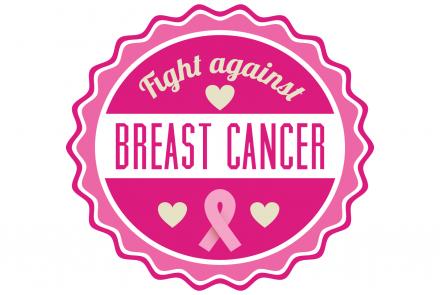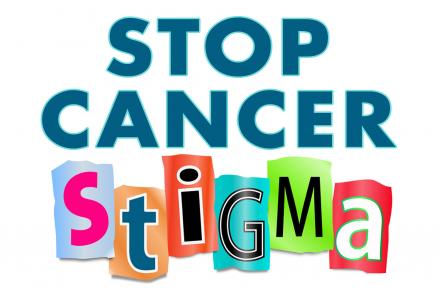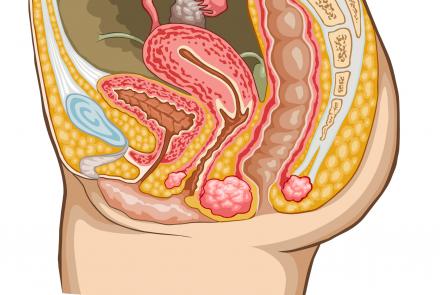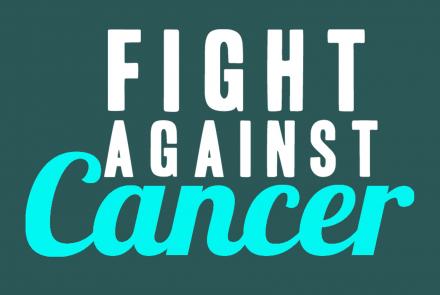More than half of bladder cancers in the US are the result of smoking, and 90 per cent of smokers with the disease are aware of the connection, according to a new study.
"Bladder cancer is actually the second most common smoking-related cancer, second only to lung," said lead author Dr. Jeffrey C. Bassett of Kaiser Permanente Southern California in Anaheim.
Although previous studies had suggested that few people understood the connection between bladder cancer and tobacco, this new study found…
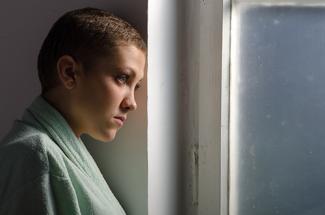
Chemotherapy saves lives but it is dreaded for its side effects. Dr Shital Raval tells you how to get relief on common side effects like mouth sores, nausea, dry skin, vomiting, diarrhea, hair loss and more.
Here, how to manage some of the common side effects:
Mouth sores:
- Apply gylcerine ointment to the sores
- Avoid sour or citrusy foods to help sores heal
- Eat cold foods like ice-cream or yoghurt with honey to soothe the discomfort
Dry mouth:
- Suck on ice chips, drink lots of water to stay hydrated.
Nausea:
- Eat anything with ginger (ginger snaps, ginger bread or ginger candy but NOT ginger ale as it is carbonated, leading to acidity). Ginger promotes the secretion of various digestive juices that help neutralise stomach acid.
- Sucking on a slice of lemon can provide great relief, too
- Keep a chewable anti-nausea tablet, like Nauzene, in your mouth
- Peppermint tea may help. Like lemon, peppermint tea or oil is one of those refreshing smells that have the ability to tame an upset stomach.
- Place a cold compress on the forehead or back of the neck
Related Reading: Chemotherapy Induced Neuropathy (tingling of fingers toes, numbness, etc)
Vomiting:
- Vomiting can cause dehydration, hence it's very important to drink ORS (oral rehydration salts, available at pharmacies) or lots of fluids, such as lemonade or Gatorade, which are rich in electrolytes.
- Anti-emetic drugs, available at pharmacies, can help control the vomiting.
Dry skin:
- Use petroleum jelly or Vaseline 2-3 times a day for moisturisation
- Avoid harsh soaps, use baby or mild soaps. Avoid long showers or baths
- Apply sunscreen (minimum SPF of 30) when stepping out in the sun
Itching:
- Antihistamine lotions or oral pills are commonly used
- Use Calamine lotions or aloe vera for relief
- If the itching does not subside, your doctor may prescribe steroids or anaesthetic ointments
Hair loss:
- Hair loss is distressing, so some women get their hair cut short before starting chemotherapy to minimise the shock of losing hair
- Speak to your doctor about wearing a cold cap during chemotherapy to minimise hair loss. These are tightly fitted caps filled with a chilled gel. The cold lessens the blood supply to the scalp, so the hair follicles receive less chemotherapy medicine.
- Try to see this as an opportunity to alter your look. Get a well-styled wig, colourful bandanas or smart hats.
- Hair loss can occur in the eyebrows and eyelashes, so get some make-up tips
Constipation:
- Eat a diet rich in fibre, prunes and lots of water to help ease bowel movement
Diarrhoea:
- It's best to let the stomach rest if there is diarrhoea. After a few hours, start with low-fibre foods, like rice, dry toast, apple sauce and banana. Eating yoghurt helps to increase the good bacteria content in the stomach.
- Imodium is used to treat and control diarrhoea. Your local pharmacy should carry it.
- Take ORS (oral rehydration solution) to prevent dehydration and provide strength and essential electrolytes.
Poor appetite
- Try as much as possible to eat healthily. Keeping your body nourished will help you heal faster. Try the following:
- Eat lots of protein and vegetables, and fresh fruits. It’s best to avoid skinless fruits during chemo, but post-chemo, you can eat all kinds of fruits.
- Drink lots of fluids, especially water
- Have several small meals if you can’t eat three main meals
- Make your snacks count by keeping them healthy – nuts, yoghurt etc.
- Drink your nutrients – in a milkshake or smoothie, for instance, if you don’t feel like eating
- Keep your favourite foods handy
- Eating cold foods may relieve nausea
- Add flavour to your foods with your favourite spices
- Avoid fatty, sugary and fried foods that make you tired, lethargic, and a risk factor for cardiovascular and other systemic illnesses.
- Have a multivitamin pill daily (after checking with your doctor)
Fatigue
- Try to get as much rest as you can
- A good diet will help relieve fatigue
- Be checked for anaemia and be treated
- If you are depressed or anxious, it is very important to ask for help
Nail damage:
- Apply black nail polish. Certain drugs cause the blood flow to the nails to decline, causing darkening or falling off of the nails. Some patients find that applying black nail polish before the chemo helps prevent this. Black nail polish decreases the effect of radiation on nails.
Changed
06/Dec/2020
Community
Condition

